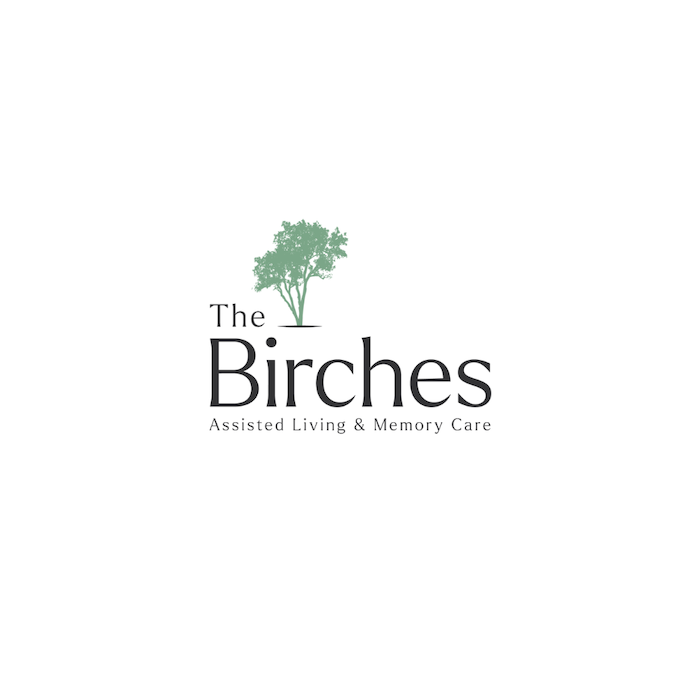
It’s a small word—if.
Only two letters, but, oh, the place it has in our hearts and memories…
If only I had taken more time off from my job to enjoy my family. If I had just expressed my love to my wife/husband more often before it was too late. If only I hadn’t sold that stock before it went up. If I hadn’t dropped the touchdown pass that would have won the big game. If, if, if…
Unfortunately, these “ifs” are a part of all our lives. But there is one “if” we can avoid—If only I would’ve had that medical exam a few years ago. If only I hadn’t waited so long to find out I have a life-threatening disease.
My friends, allow me to examine two conditions which an early exam (and perhaps diagnosis and treatment) could spare you or a loved one agony and grief.
One is breast cancer. In the case of breast cancer, early detection can spare tears of regret and could even be life-saving. The earlier a woman is diagnosed with breast cancer, the better the chances she will survive five years or more. That’s because, the sooner she receives a diagnosis, the less time the cancer has to spread.
Here’s yet another sobering statistic—only 61.8% of females are diagnosed at the local stage (before the cancer has spread to other parts of the body), but the 5-year survival rate for females diagnosed and treated for localized breast cancer is 98.0%. Now, that’s something to consider when debating whether or not to have an exam.
Even though breast cancer is the second highest cause of cancer deaths among women in the United States (lung cancer ranks first), scientists are still trying to figure out exactly what causes it. Having a family history of breast cancer is considered a factor. So are age, physical inactivity, alcohol consumption and being overweight or obese. Still, the majority of women who develop breast cancer have no family history of it.
Now, the good news is, mortality rates have been declining, especially among younger women. That’s probably because of earlier detection and improved treatment. Which underscores my point (and that of the medical profession)—Ladies, please, please schedule those exams! For your sake and the sake of your families. And encourage friends and loved ones to have those exams. Your action may just eliminate a few more “Ifs” from our vocabulary.
My second target is diabetes. It’s widespread and, unfortunately, in a vast number of cases, undetected. In fact, it’s estimated that perhaps 50 percent of the people who have diabetes don’t know they have it.
We are speaking about type 2 diabetes, often referred to as adult onset diabetes. It’s a metabolic disease that causes sugar to collect in the blood stream due to a lack of insulin produced by the pancreas or the body’s inability to use it efficiently. Undetected, it can be debilitating and deadly.
The symptoms of type 2 diabetes include increased thirst and frequent urination, increased hunger, weight loss, fatigue, blurred vision, slow healing sores or frequent infections, and areas of darkened skin.
Diet is a major factor in developing type 2, so if you are diagnosed it is vital that you consult your primary care physician or a nutritionist. You will be given a list of “do’s” and “don’ts” related to your eating habits. And whether you decide to follow those “do’s” and “don’ts” could well be a life or death choice.
Case in point: The mother of a colleague of mine had type 2 diabetes, and after following a strict diet for a time was told that it was in remission. So she thought, ok, I can resume my previous menus and sugary snacks. About a year later the shovels came out and that was that. If you’re type 2, there is no way you can resume your previous diet; it helped to get you there in the first place. Stick to the diet your physician recommends.
There are, of course, many other ways to combat type 2 diabetes. Physical exercise, for example, is also important. About 20-30 minutes of aerobic activity five days a week will improve your health. Quitting smoking is a worthy objective for everyone, including those with type 2 diabetes. And losing weight is a worthwhile goal to reduce the health problems related to obesity.
There are, unfortunately, cases where type 2 demands insulin treatments, and this presents an entirely new set of circumstances. But let’s not let it progress to that point—the point where you risk loss of limbs or develop diabetic retinopathy, heart disease, nerve damage, hearing impairment, kidney failure, foot damage.
If you experience any of the symptoms mentioned above, see your doctor immediately. Your health and life may well depend upon it.
October is National Breast Cancer Awareness Month, and November is National Diabetes Month. So do the right thing and avoid becoming a statistic because of your inaction. Breast cancer and type 2 diabetes, a couple of conditions which, if not detected early enough, could invite that dreadful word onto your lips yet again: IF only I had…
